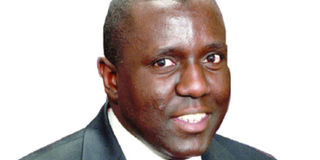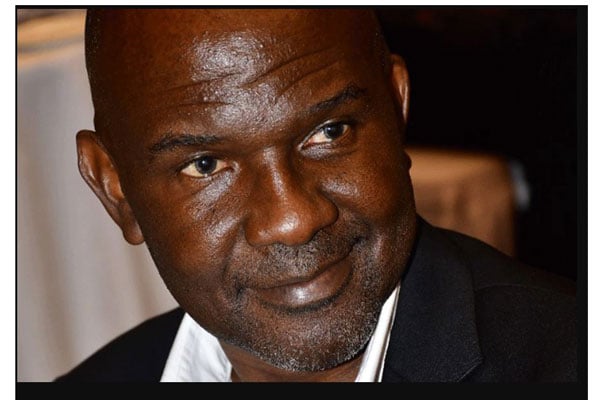Mugabe’s departure: Mayhem in the kitchen?

Robert Gabriel Mugabe relinquished Office of the President of Zimbabwe at midnight yesterday. This was after the ruling party ZANU-PF relieved him of the chair, and Parliament where his party enjoys a majority was ready to commence debate on his impeachment.
With a few observations, basically, the Constitution of Zimbabwe worked the way it was supposed to do so. It’s very American. The joint military chiefs stepped in first to relieve him of power and waited for the civil organs to do their part. Zimbabwe has a bicameral legislature with the upper house mostly appointive.
There are a few other significances. First his protégé turned foe Emmerson Mnangagwa expected to step in his shoes paid a visit to China, which has bankrolled Zimbabwe from the time it fell out with the west. World Bank and IMF returned in 2009 but were never as influential as the Chinese, who control first dibs on many state assets.
Many African strongmen owe the Chinese a lot of money and the rising debt is a threat to the national security as most of these mega-loans carry a lot of leakages upfront on fantasy projects. China is favoured as a lender because first it has a lot of money and is happy to get a better return on it than in US treasury bills.
Second it has been a misconception that China is “lax” on matters of governance. Each time the IMF extends new support, it ensures appropriate language is passed into law securing repayment even it means taxing hair and beauty care products. The Chinese don’t say so explicitly but it seems they have perfected their own security.
In Zimbabwe, the coup was an inside job. Basically, their Patrick Amama Mbabazi chose to fight it out to the bitter end by pulling the last strings he had ethnic ties. Like Amama, he is not a very popular grassroots figure. He like Amama lost a parliamentary election in 2000.
He has been in security his entire career assuming the Chair of the Joint Security Council in 2008. Shonas have reigned supreme in Zimbabwe after the crushing of the ZAPU (mostly Ndebele revolt) in the 1980s and the Gakuruhunga massacres. But within the Shona, Mugabe comes from a smaller clan than Emmerson and the army chief.
The local press says the bigger clan felt it was their time to eat chief.
In the region, perhaps only Kenya has a truly rotational army leadership; it rotates in the services and the regions, which has promoted political stability. It is unfortunate that the Kenyatta regime has performed very poorly at rotating the other key positions in the country.
In Uganda, the military chiefs are drawn from UPDF, and even then, the rise of the presidential Special Forces unit has created a parallel force outside the rank and cadre. In Zimbabwe, this was the first group to be quickly silenced. In Iraq, it was the fall of the Republican Brigade that spelt the end to Saddam Hussein.
Zimbabwe was also a major intelligence failure. It’s not a loose joke to regard this branch as the well fed ones.
Folks like Jim Muhwezi, Amama Mbabazi, Kahinda Otafiire even the sparesome David Pulkol were all well taken care of. Political leadership cannot last with poor intelligence.
In Uganda these roles have been diluted by the rise and rise of the Police to the power center. Yet the boss himself seems to realise that this confusion of roles carries great risk. The fallout from the execution of AIGP Kaweesi has exposed threadbare the risk of diluting or marginalising the role of domestic and external intelligence.
In Zimbabwe, Mugabe carried fervor with a population, which had aged along with him. Younger people don’t have time for such pleasantries and nostalgia, especially where the economy around them had collapsed. I think President Museveni has a one up by capitulating and addressing the sore issue of doctor’s pay.
Mr Ssemogerere is an Attorney-at-Law
and an Advocate. [email protected]




